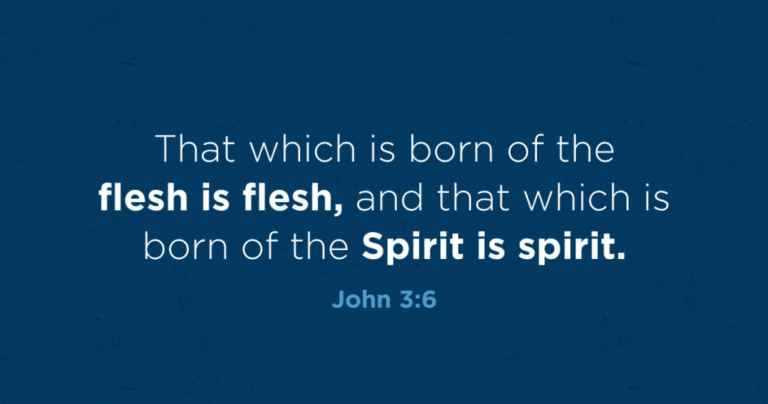The Danger of Thinking You Can Lose Your Salvation

Originally posted on the Bibles for America Blog.
In a previous post, we discussed one of the biggest questions we may have as Christians: Can we lose our salvation? We saw the clear and definite assurance the Bible gives us that once we believe in Christ and receive Him as our Savior, we’re saved eternally. We can’t lose our salvation.
But here’s another question: Does it make any difference whether we know we can’t lose our salvation?
The answer is yes, and in this post we’ll discuss why this is so important.
The dangerous consequences of thinking you can lose your salvation
Thinking you can lose your salvation at any time makes progressing in the Christian life extremely difficult, if not impossible. In fact, this thought can undermine your entire Christian life.
Let’s see how this could happen.
When we sin, we naturally feel ashamed and regretful. This is a healthy reaction. But if we don’t know that we can confess our sins to the Lord to be forgiven and washed, then we don’t know what to do about our sins. Our conscience becomes weighed down. And when we commit more sins, as we inevitably will, we may begin to think the accumulation of all our sins undoes our salvation.
A question starts to eat away at us: “Am I still saved?”
With this question constantly bothering us, we become disheartened in our Christian life. Instead of rejoicing in our salvation, loving the Lord, and pursuing Him with an unburdened heart, we feel unworthy. We find it difficult to pray to Him or read the Bible. We become focused on ourselves, on our behavior and our failures, and begin to lose sight of Christ and all He’s done for us.
And in spite of our best efforts, we sin yet again. So our unconfessed sins continue to pile up, burdening our conscience even more and making us feel hopeless.
Sadly, at this point, some give up on following the Lord because they’re convinced their Christian life has suffered irreparable damage. Feeling they’re already lost, they think to themselves, “What’s the use? I’ve already lost my salvation. Why try anymore?”
So they give up, go back to their old life, and live as they did before they were saved.
They don’t realize that the blood Jesus shed on the cross redeemed them and saved them eternally. And they don’t know that same precious blood of Jesus can also wash them of every sin they commit and confess to Him after they’re saved.
The positive effect of knowing we can’t lose our salvation
God forgave us and washed us from our sins when we first believed in Jesus Christ and accepted Him as our Savior. At that time, we were also born again in our spirit with the divine life, and Christ came to live in us.
Now that Christ lives in us, He wants us to go on from being saved to knowing Him personally and experiencing Him subjectively. He wants us to enjoy Him and grow in Him. He wants to be our life so we can express Him in our living.
If we know we’re saved eternally, we can go on with an unburdened heart to build on this solid foundation, unhindered by the erroneous and damaging thought that we could lose our salvation. If we didn’t know this important truth, we could miss out on all that’s before us in the Christian life.
Of course, the Lord doesn’t want us to sin, and we grieve Him when we do. Even we ourselves don’t want to sin, and we feel guilty when we do. But when our conscience makes us aware we’ve offended the Lord, we’re not left hopeless and helpless. We can and should simply confess our sin to the Lord so He can forgive us and cleanse us from that sin.
Rescued from despair and enjoying God’s salvation
Knowing we can never lose our salvation rescues us from despair and from giving up when we fail. Instead, we can leave the realm of doubt and despair by standing firmly on God’s faithful Word concerning His eternal salvation. Then we can go forward into the realm of experiencing and enjoying the rich, wonderful, and full salvation God has provided for us in Christ!
Subscribe to receive the latest posts






